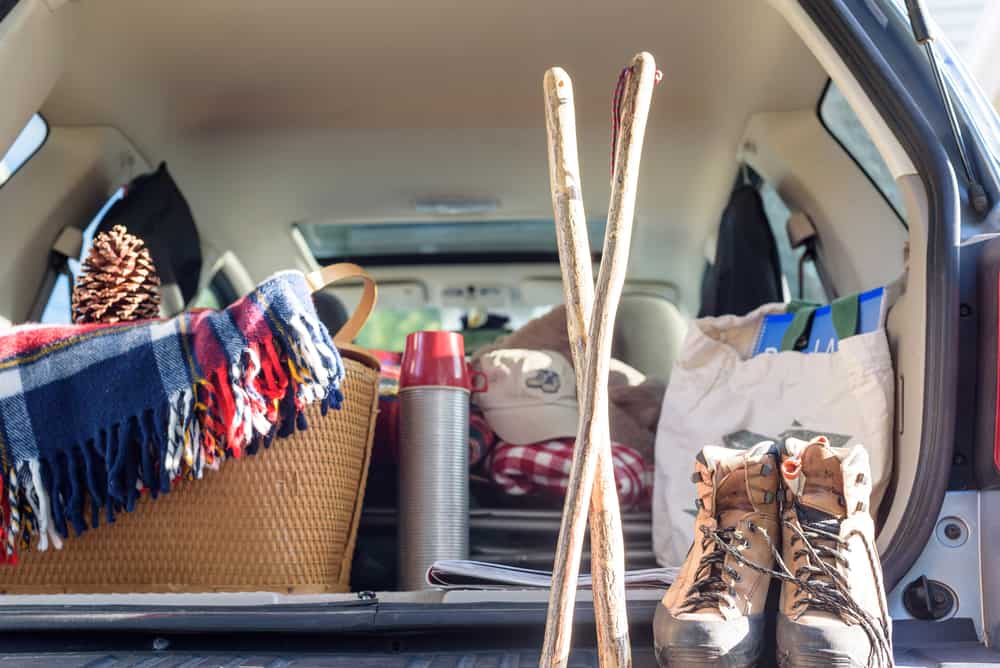Who doesn’t love the great outdoors? The thought of getting away from the hectic stress of our runaway schedules for some peace, quiet, and convening with nature is tempting enough to make anyone want to throw away their phones for the weekend. But before you do, keep in mind that the wilderness claims many lives every year. People regularly get lost in the woods, especially when ill-prepared for their hiking or camping adventures. Planning well and taking some time to educate yourself on what Mother Nature has in store can go far. In fact, learning tips about navigating their terrain and weather will help you not be one of those people.
Not only is it essential to plan, but there are crucial steps you can follow if you get lost in the woods. Whether hiking or camping, things take a turn for the worst. You can remember these survival tips. Following these steps will help ensure your own safety. Furthermore, you can increase your chances of being found if you get lost on a camping trip or hiking excursion.
23. When you go hiking or camping, it is essential to plan ahead.

Yes, we are like a worried mother repeating this critical yet straightforward phrase over again. When you are hiking or camping, make sure that you are planning. It doesn’t matter how well you know the area or how confident you are about your own survival skills. You do not know if the weather will suddenly turn. Besides, you might see a bear or other large animal. You don’t know if you or someone in your group might get sick. Any great outdoors person knows that the better you plan, the fewer emergencies you will have. Not planning well is a sign of cockiness and can cause you and those with you to get into a situation that you cannot get out of.
If you are going camping and plan on only eating what you can forage, be it fish or wild plants, great. However, pack an emergency supply of food just in case things go south. If you are in an area known for bears or other large (and dangerous) animals, make sure you pack the food securely to avoid unwanted guests. You may want to use a thick cooler and wrap it securely in blankets so that animals cannot detect the smell. If you are bringing your dog with you, make sure that you have some food for him, as well. Dogs can be excellent survival companions, but they have the exact basic needs as their owners: food, water, and shelter.
